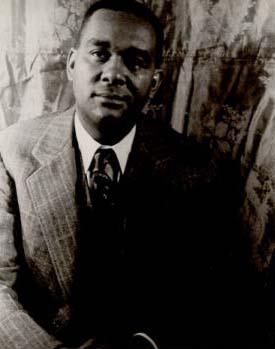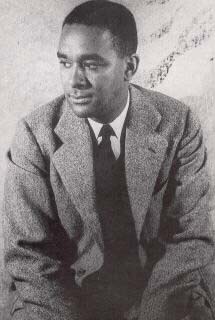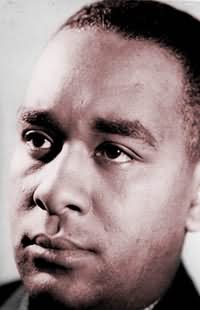
1913-1914 - Nathaniel and Ella move to Memphis due to extreme poverty. Nathaniel soon leaves his family to live with another woman.
1917 – Richard's Uncle Silas, a relatively prosperous builder and saloon-keeper, was murdered by whites. No arrests were made, and Aunt Maggie, Ella, and the children fled to West Helena , Arkansas.
1918-1919 - Due to Ella's deteriorating health and the family's poverty, Richard was forced to transfer schools and find work.

